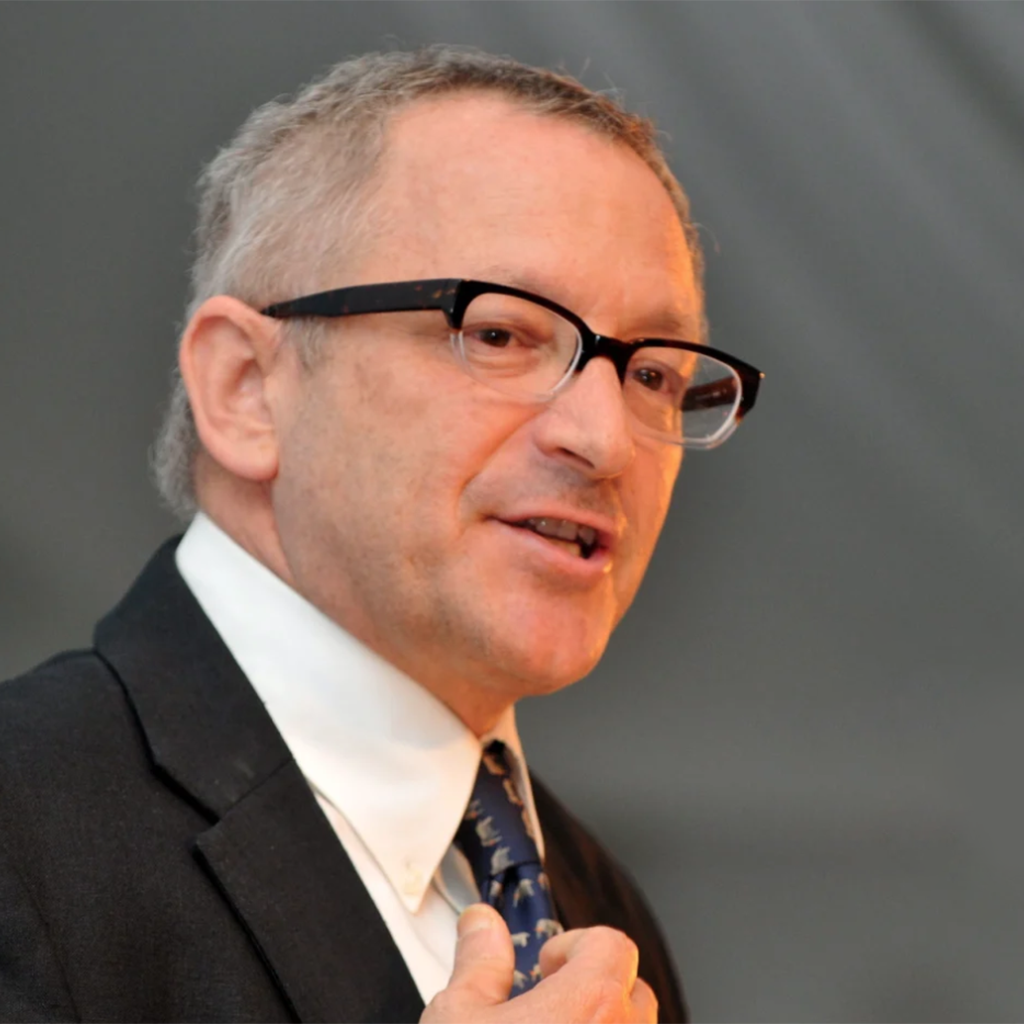It was gradual, beginning in 1992. I became involved slowly, whenever I had time, and gradually it took up more and more of my time. I stopped writing for the newspaper all together when I started to feel that I had a conflict of interests in being part of making the news, rather than simply reporting it. Needless to say, I felt a bit awkward. So gradually I stopped writing and slowly we established our NGO,
called the ECF, the Economic Cooperation Foundation. At the beginning it was just a name with one or two researchers, and Yair was struggling to weave together different contacts to get us off the ground. Eventually, Yair and I began working on two parallel tracks. One was the political one, kind of a long arm for Yossi Beilin, who was still at the time a member of the opposition in the Knesset.Remember, this was before the elections, which took place in June. So this was the first track, the political. The parallel track was to promote research activities. As part of our NGO's activities, we submitted a proposal to the European Union in order to fund our research activities. The EU accepted it and we started to build a big project on economic issues, highlighting sustainable economy as our primary issue. The idea was to combine strengthening the economy with the idea of peace, and more specifically to establish integrative research with joint teams of Palestinian and Israeli economists. The joint teams were to deal with issues of trade, industry, agriculture, and cooperation in the short-term and would hopefully work on long-term solutions. In June of 1992 there were elections and Yitzhak Rabin came to power. After one month Yossi Beilin became Deputy Minister of Foreign Affairs and Shimon Peres the Minister of Foreign Affairs. That allowed for a different attitude and approach to the things that we had already begun working on. Prior to the elections we had focused on establishing our NGO and starting the big research project with Hebrew University, Ben Gurion University and the Palestinian side. After the election we enlarged our activities on the political side. Despite the election, we could still do things with the Palestinians that the government could still not do. At that time, the government was still quite anachronistic in its approach to the Palestinians. For example, Faisal Husseini was alienated to some extent by the government. He was a Jerusalemite and the government was still sticking to the idea that Jerusalemites-- Palestinians from Jerusalem-- were not part of the official negotiations. However, we could open a dialogue with him. So we acted as a kind of a long arm of the Foreign Ministry, and reported back to the government. This gradually led us to create the Oslo Accords. After many meetings with Faisal Husseini, Hanan Ashrawi, Ziad Abu Zayad and Sari [Nusseibeh] and others, we eventually moved to open the Oslo channel.Just for the sake of history, unlike all the stories that suggest that the Norwegians started the process,
it actually started as a result of the fact that Faisal Husseini and Hanan Ashrawi told Yair and myself that the only power in town was Tunis, and whatever the PLO in Tunis
said, the Palestinians in the Territories would follow. They told us that if Israel wanted to deal with anybody, it had to be Tunis. They emphasized that the PLO in Tunis was much more moderate than they were understood to be, and more moderate than the moderate Palestinians in the Territories. We approached Hanan Ashrawi who came up with the idea that we should meet Abu Ala. She had Faisal Husseini endorse it, and eventually through Arafat's office coordinated a meeting between Hirschfeld and Abu Ala in London in December 1992. That meeting led to the creation of the Oslo Channel. A few weeks later, on the 20th of January 1993, the Norwegians arranged the first meeting in Oslo.
That meeting was truly a breakthrough for a process which ended nine months later, with the DOP, which is known as the Oslo Agreement. In the political process, we were essentially on our own for the first five months. Later we had the blessing and participation of the Israeli government. In parallel, we continued to expand the activities of the ECF; Yair and myself were co-directors. We started to get involved in different activities beyond the economic dimension. We opened our work up to much bigger things, activities in the health sector and civil society, and we started to think about cross-border cooperation. Gradually it developed into two primary objectives. One was a think tank on political and policy issues. The culmination was what we labeled the "library of final status," which was designed to assist the politicians in bridging ideas with the Palestinians. This was one dimension of our activities. The second dimension of activities was the whole spectrum of what we called "civil society cooperation," which was to spearhead activities, to demonstrate different activities, to lead coalitions, etc. The ECF did many, many things at that time. Approximately three years ago in the summer, I moved from the ECF and became the director of the Peres Center for Peace.
This organization is different mainly in that it is a straightforward peace-building organization. This is not a think-tank or policy-making or party related organization. It is a very independent, non-partisan, non-political peace building organization.
